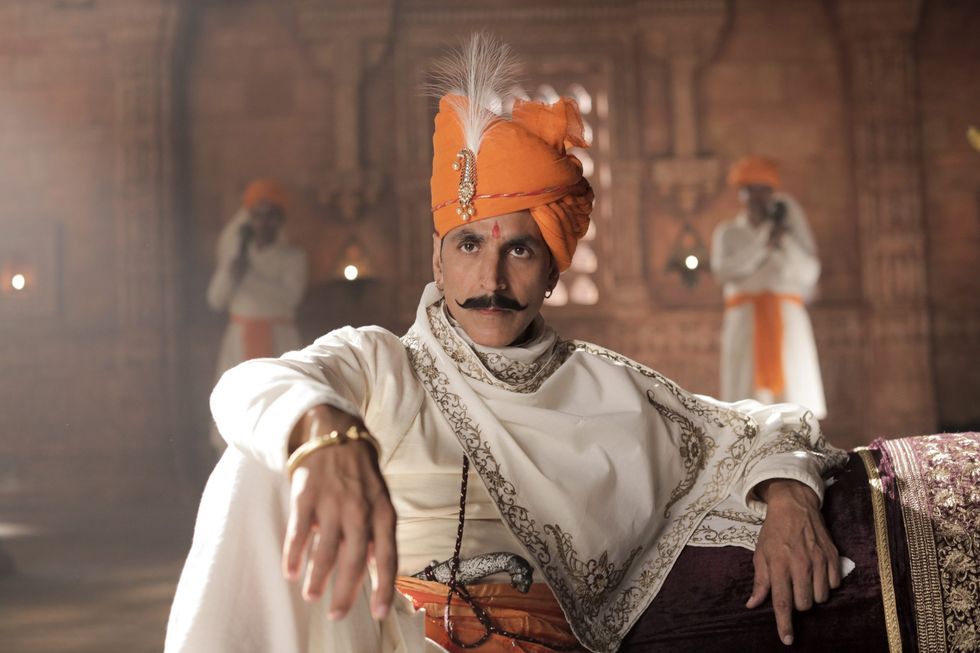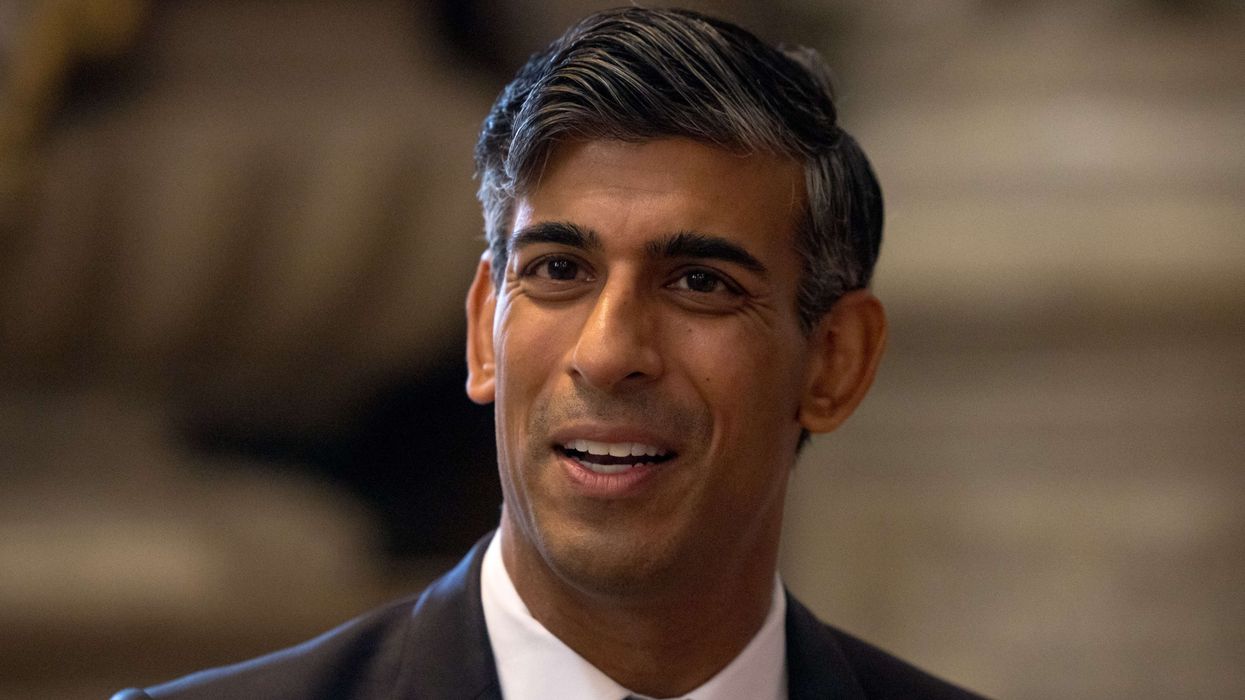HOW MAJOR BOLLYWOOD DISASTERS ARE BEING HARMED FURTHER BY SILLY PROMOTIONS
Hollywood blockbuster Mission: Impossible – Dead Reckoning Part One won’t release until July 2023, but that didn’t stop producers from releasing a thrilling trailer in May of this year.
This will be accompanied by intriguing teasers and carefully orchestrated interviews globally in the lead up to the film’s release. Doing publicity well in advance like this is a normal occurrence in Hollywood and why many of the films are extremely successful around the world. Meanwhile, in Bollywood, something that hasn’t been discussed before is the ridiculous publicity tactics that kill Hindi films on an increasingly regular basis.
An industry that is already struggling with bad content, an organised boycott, and lack of new talent, is also being dragged down by awful marketing that is mind-blowingly bad. That is significant because even a bad film can get a strong opening weekend at the box office if promoted properly, which has been demonstrated by many films in international cinema.
Recently released flop Shamshera is a prime example of what not to do while promoting a high-profile blockbuster and a blueprint for what many Bollywood releases have mistakenly done. It unveiled a poor trailer barely a month before release, despite it being the big-screen return of popular star Ranbir Kapoor after four years. This was then followed up with poor songs and the lead cast doing barely a couple of weeks of interviews, where there was more focus on random things than the actual film. Instead of discussing all the wonderful things about a movie he worked so hard on, Ranbir was drawn in random personal conversations that had nothing to do with the big budget historical.
If you look at articles written about Shamshera, including reviews, there were barely any professionally distributed film stills and most media relied on low grade screengrabs. Last minute interviews meant many media that are in demand and those who work in advance, like weekly or monthly publications with long leads, had their space booked up or were past a deadline, so couldn’t accommodate the film. The result of all of this was a big budget movie headlined by an A-list star generating little buzz and being a spectacular failure.

Shamshera isn’t the only one to make these basic errors and is demonstrative of what so many movies do. Samrat Prithviraj followed a similar blueprint of unveiling a last-minute trailer and got more ridiculous by changing the title barely a week before the release.
Like Akshay Kumar’s previous 2022 flop Bachchhan Paandey, which also had a title change, its release date was shifted multiple times.
There was a similar story for the high-profile Bollywood remake of Jersey, which marked the return of Shahid Kapoor after his blockbuster 2019 hit Kabir Singh. It too kept moving the release date and like most recent Bollywood films had an awful trailer.

September release Brahmastra tried to break this last-minute trailer trend, but then shot itself in the foot by unveiling awful first song Kesariya, which had rubbish lyrics and a melody that was suspiciously similar to old track Laree Chootee by Pakistani band Call.
As someone who works in the media, I can testify to the fact that many stars are not even bothering with promotions. While some are disillusioned with the end product, others think their name will be enough to push a film. But bad box office figures have shown the industry can no longer take audiences for granted and that lazy promotions will be costly. PR people send out the same tired press releases and most in India don’t even bother with that, relying instead on WhatsApp messages to media.
The social media strategy is even worse. It is an open secret that many producers pay a few corrupt India-based journalists to buy fake positive reviews and promotional social media posts. But they make no difference because many have mostly fake followers and public can see through fake praise, which makes them stay away from cinemas.
Producers/distributors will also buy trends on sites like Twitter, but then get embarrassed by actual real trends generated by fans of Indian television and South cinema, which overshadow anything from Bollywood.

Perhaps the stupidest marketing tactic is trying to generate attention through controversy. Kangana Ranaut has regularly seen controversial remarks backfire, which has resulted in her not having a proper hit film since 2015 and starring in one of this year’s biggest disasters Dhaakad.
At a time when everything else, from content to a boycott and lack of new talent, are working against Bollywood, the marketing and PR teams needs to step up, which they aren’t.






 With , wife Akshata Murty and their daughters Krishna and Anoushkagetty images
With , wife Akshata Murty and their daughters Krishna and Anoushkagetty images Meeting armed forces veterans in Richmond in 2024Getty Images
Meeting armed forces veterans in Richmond in 2024Getty Images And , Rachel ReevesGetty Images
And , Rachel ReevesGetty Images






